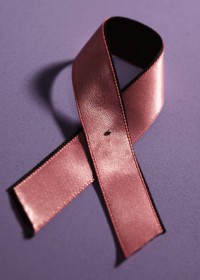
Change is difficult. Even change for the better can be unsettling and spark feelings of anxiety. But we must change to our adapting situations or we will lose control of our lives and our future. It is important to understand that as you begin moving beyond cancer treatment. This is why Issels® Integrative Immuno-Oncology uses individualized immunotherapy treatment protocols. How you respond to treatment and transition to a new normal depends largely on your diagnosis and predisposition.
The National Cancer Institute has a very helpful 36 page booklet to help anyone adjust to the effects of cancer treatment and the changes in lifestyle. It also has some very helpful information for caregivers who will need to prepare themselves for how their level of involvement will change.
Those TV shows that always solve the mystery by the episode conclusion and wrap up all loose ends are written that way for a reason. People want things to have a predictable and logical outcome. But as cancer survivor, you will not be able to resume your previous level of activity right away. Do not try to make up for lost time or take on too much. Keep the following tips in mind:
- Be open and honest about your feelings and capabilities
- Be realistic with the goals your set for yourself
- Talk to your doctor about feelings of anxiety or depression
- Schedule time for yourself to appreciate the life you have
- Find ways that friends and family can help you and let them know they are appreciated
Contact Issels® for more information on your treatment options and how we help patients get the most out of life.




